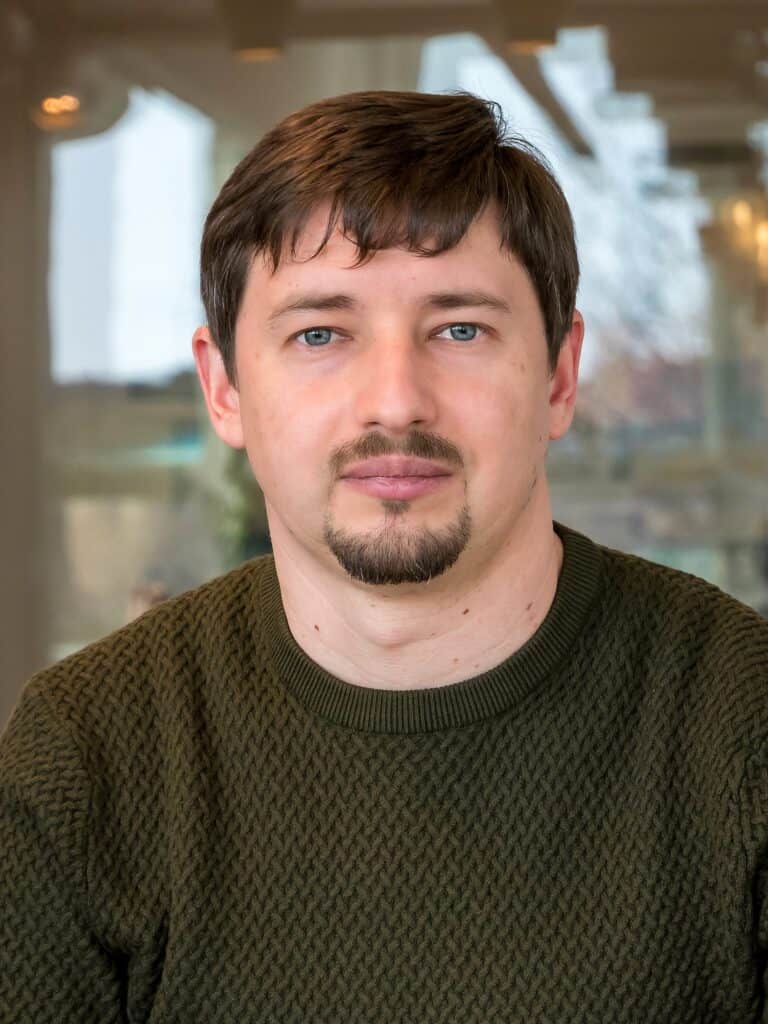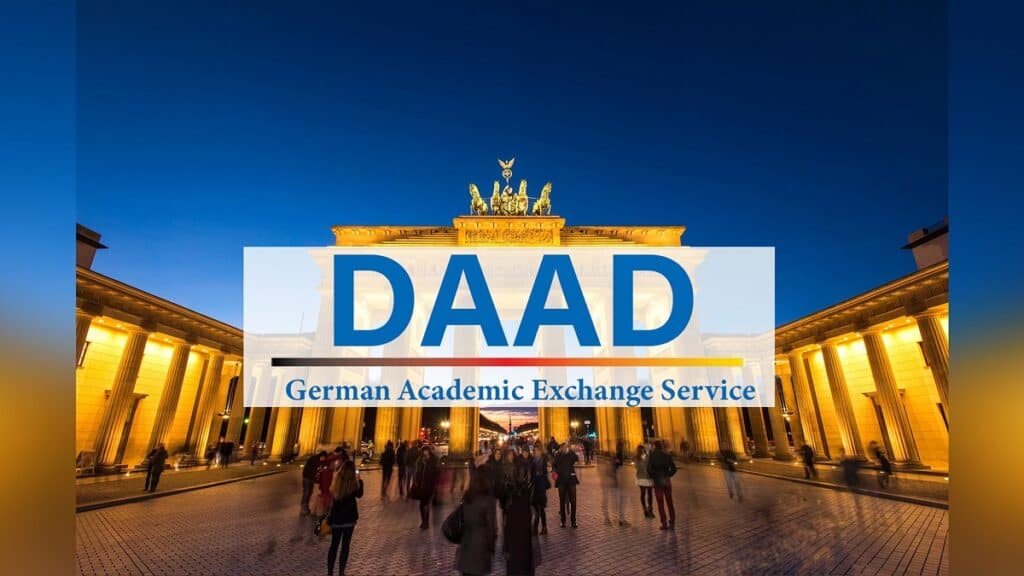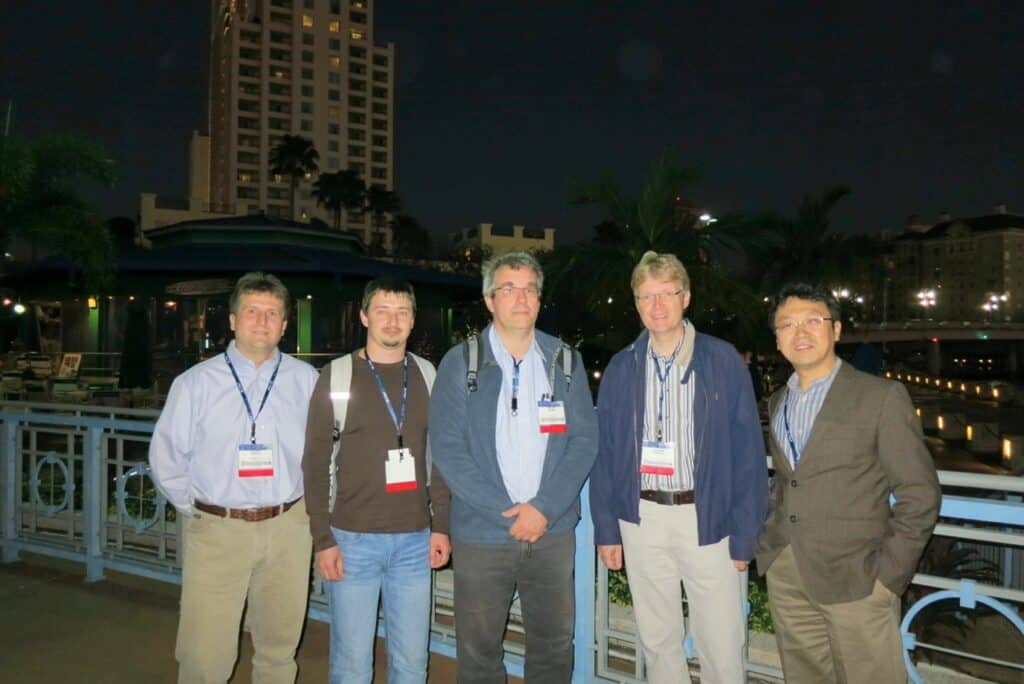As part of the working groups under the DAAD ERA Fellowship – Green Hydrogen program, the DAAD fellows organised two sessions to present their ongoing research, projects, and areas of investigation. FreeHydroCells project scientist, Dr. Ievgen Nedrygailov (University College Cork), participated in this programme.

This event provided a unique opportunity to engage with emerging professionals addressing green hydrogen issues across the value chain. It facilitated the identification of common interests and potential avenues for collaboration, both within Germany and internationally.
You recently took part in ERA Fellowships Green Hydrogen workshop, organised by German Academic Exchange Service (DAAD). Could you tell us more about this event?
Indeed, I participated in an online workshop organised by DAAD. I attended two sessions on May 7 and May 22. During this workshop, the fellows of the DAAD ERA Fellowship Programme working on green hydrogen had the opportunity to present their projects as well as give a brief overview of their research findings. The main goal of this event was for young scientists to disseminate their research, as well as to find partners with similar interests to develop avenues for collaboration.
Were these projects focused on solar hydrogen generation, similar to the FreeHydroCells project?
The workshop program was intense and there were quite a lot of reports. I think about twenty projects were presented by PhD students and postdocs from different universities. All of these projects had one thing in common: they were all designed to facilitate the rapid adoption of hydrogen as a new, clean energy source that should replace fossil fuels in the near future. However, the topics were very diverse: green hydrogen production, development of new electrode materials, electrolysers and their components, development of infrastructure and legislation related to the introduction of the hydrogen economy etc.

Were you able to establish cooperation with any of the workshop participants?
First of all, I would like to note that the transition to renewable energy sources such as hydrogen is a real challenge for us. It is simply not possible to do this with one research group or one project. Therefore, finding partners and establishing cooperation is very important. Unfortunately, due to the online format of the workshop this was not easy to do since the participants did not have the opportunity to, say, chat over a cup of tea between presentations, as is the case during in-person meetings. However, I connected with researchers whose projects seemed interesting to me from the point of view of what we are doing in FreeHydroCells. So it is quite possible that we will be able to establish some kind of a collaboration with them in the near future.
You are not a DAAD fellow – how did you end up taking part in this workshop?
Indeed, I am not currently a member of any DAAD program. However, I have been there once. In 2010, I enrolled as a PhD student in the group of Prof. Eckart Hasselbrink, University of Duisburg-Essen in Germany. The following year, I received a scholarship from DAAD. This scholarship allowed me to gain access to state of the art research equipment, attend prestigious scientific conferences (see photo below) and communicate with top experts in the field of my research. The PhD scholarship from DAAD is perhaps one of the most prestigious scholarships in Germany. And I am very glad that I had the honour to receive it. Even though I completed my PhD back in 2014, keeping in touch with alumni is quite common practice for DAAD. That’s why I was invited to take part in this workshop.

To sum up, what was your overall impression of this workshop?
My overall impression of the DAAD ERA Fellowship – Green Hydrogen program workshop was very positive. I was pleased to receive this invitation. It was also pleasant to see a large number of young, talented researchers who decided to connect their fate with work in the field of hydrogen energy. This is very inspiring and gives hope that in the near future, clean energy from hydrogen will become a reality for us.
Interested in knowing more about the project? Drop us an email at freehydrocells@ucc.ie or find us on X and LinkedIn.
